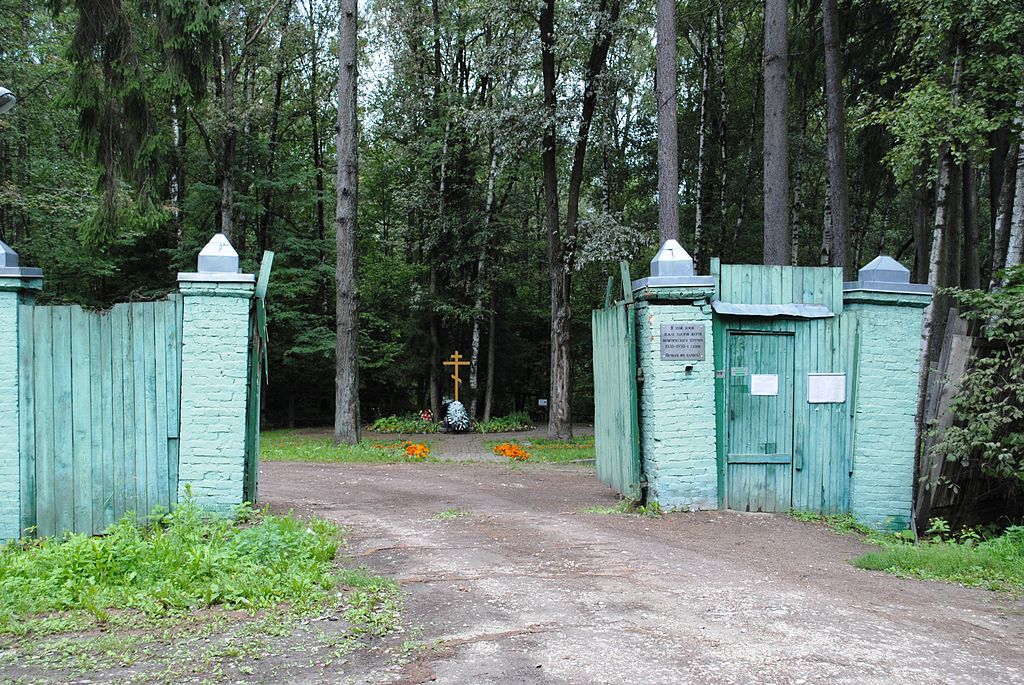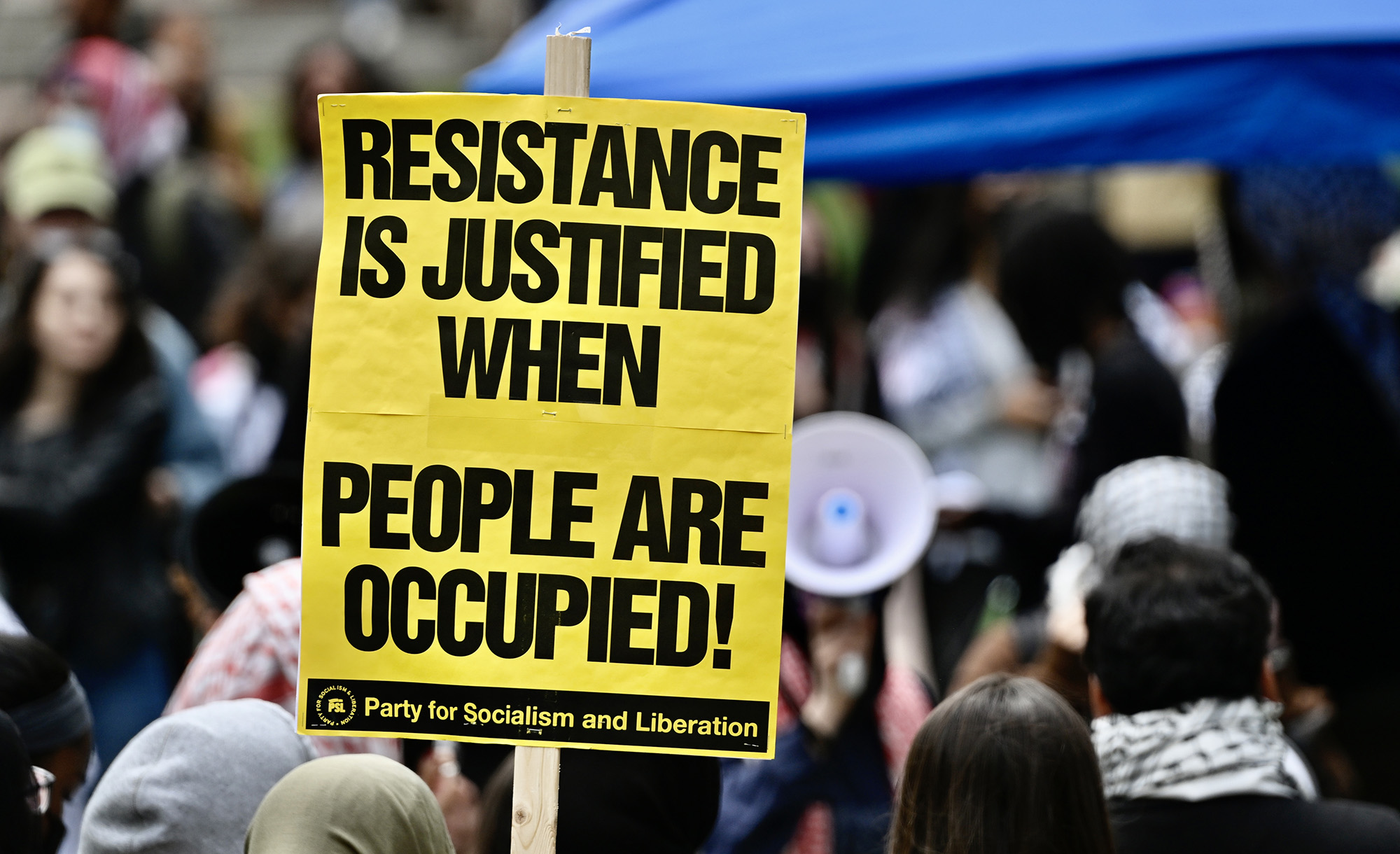Podcast: Dovid Margolin
In the period between 1936-1938, now known to historians as the Great Terror, Joseph Stalin oversaw the murder of over 700,000 Soviet subjects. Some of them were political rivals. Some of them held heterodox views. Some of them were merely accused of holding heterodox views. Nearly 30,000 of them were executed at two mass gravesites, Kommunarka and Butovo. Today’s podcast guest recently journeyed to Kommunarka to pay homage to one of these victims, his great-grandfather.
Dovid Margolin is senior editor at Chabad.org and the author of a new essay, “The Jews in Defiance of History,” in the September 2023 issue of Commentary that looks at Stalin’s Great Terror through his own family’s legacy. Margolin is a Lubavitcher Ḥasid, and remarks on the fact that under so much pressure to assimilate—even to the point of persecution and death—the Jews of the Soviet Union did not disappear. That fact leads him to note one of the reasons that the Communist understanding of history cannot be true: because the existence and perpetuation of the Jews disprove it. Here he speaks to Mosaic’s editor Jonathan Silver about that idea, about his journey, and about his family.
Musical selections in this podcast are drawn from the Quintet for Clarinet and Strings, op. 31a, composed by Paul Ben-Haim and performed by the ARC Ensemble.
More about: History & Ideas, Jewish history, Soviet Jewry







